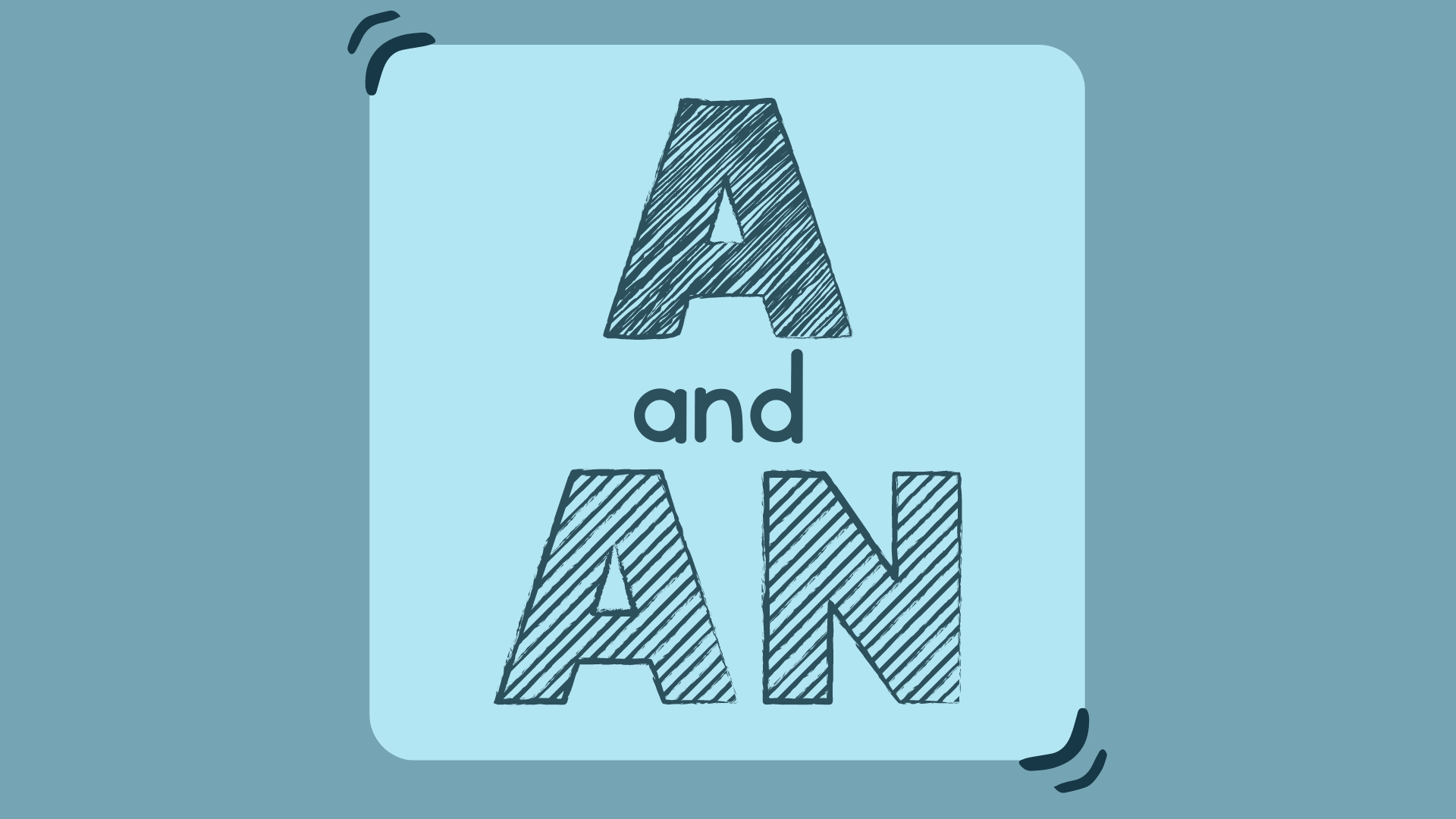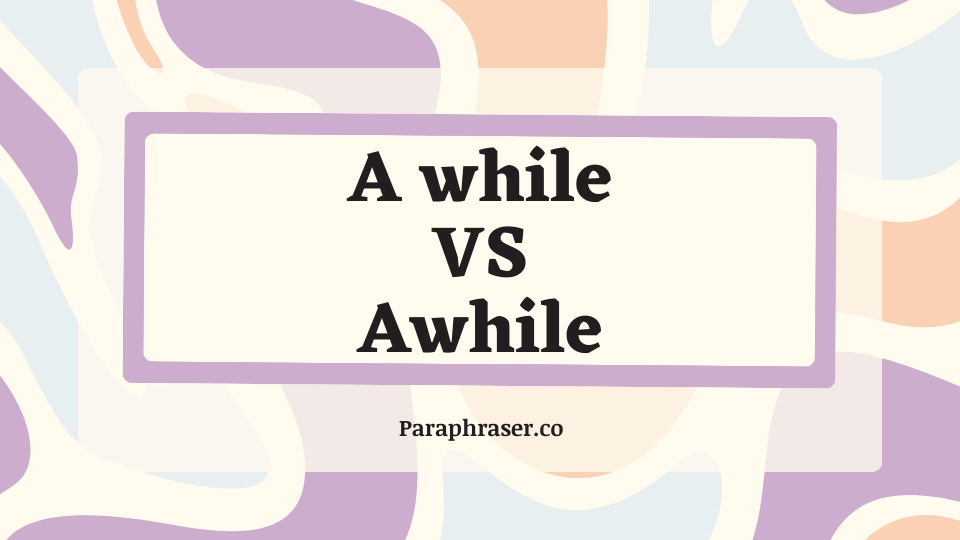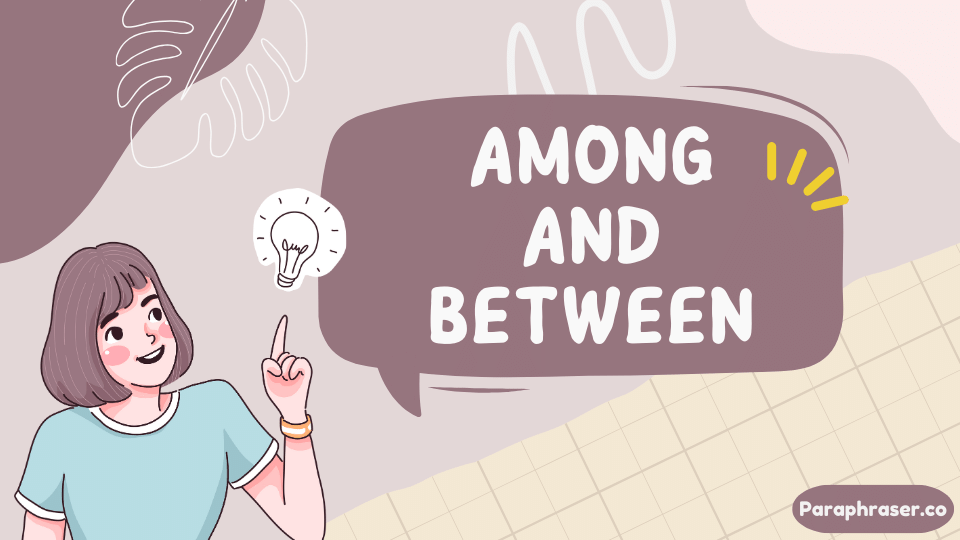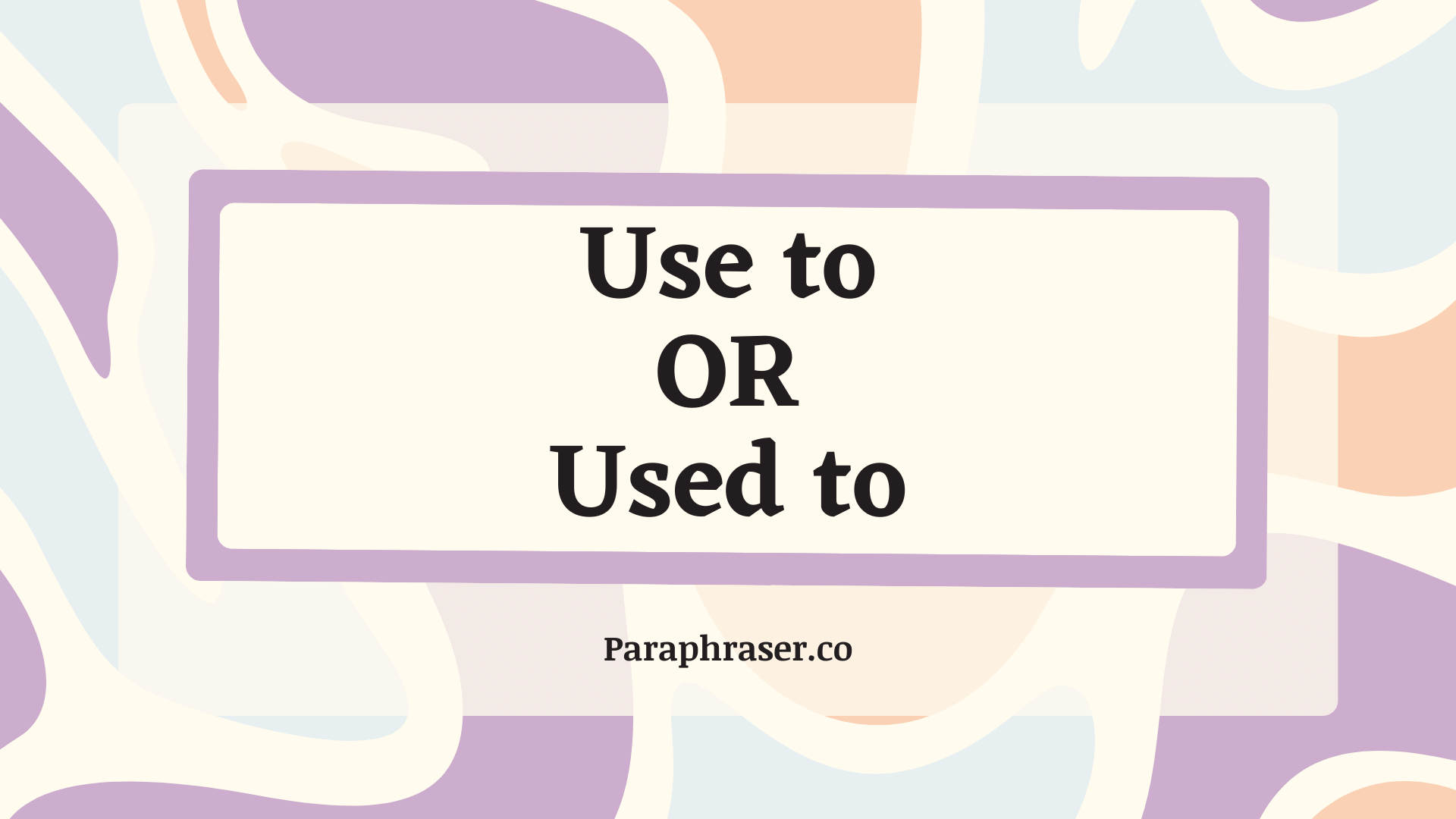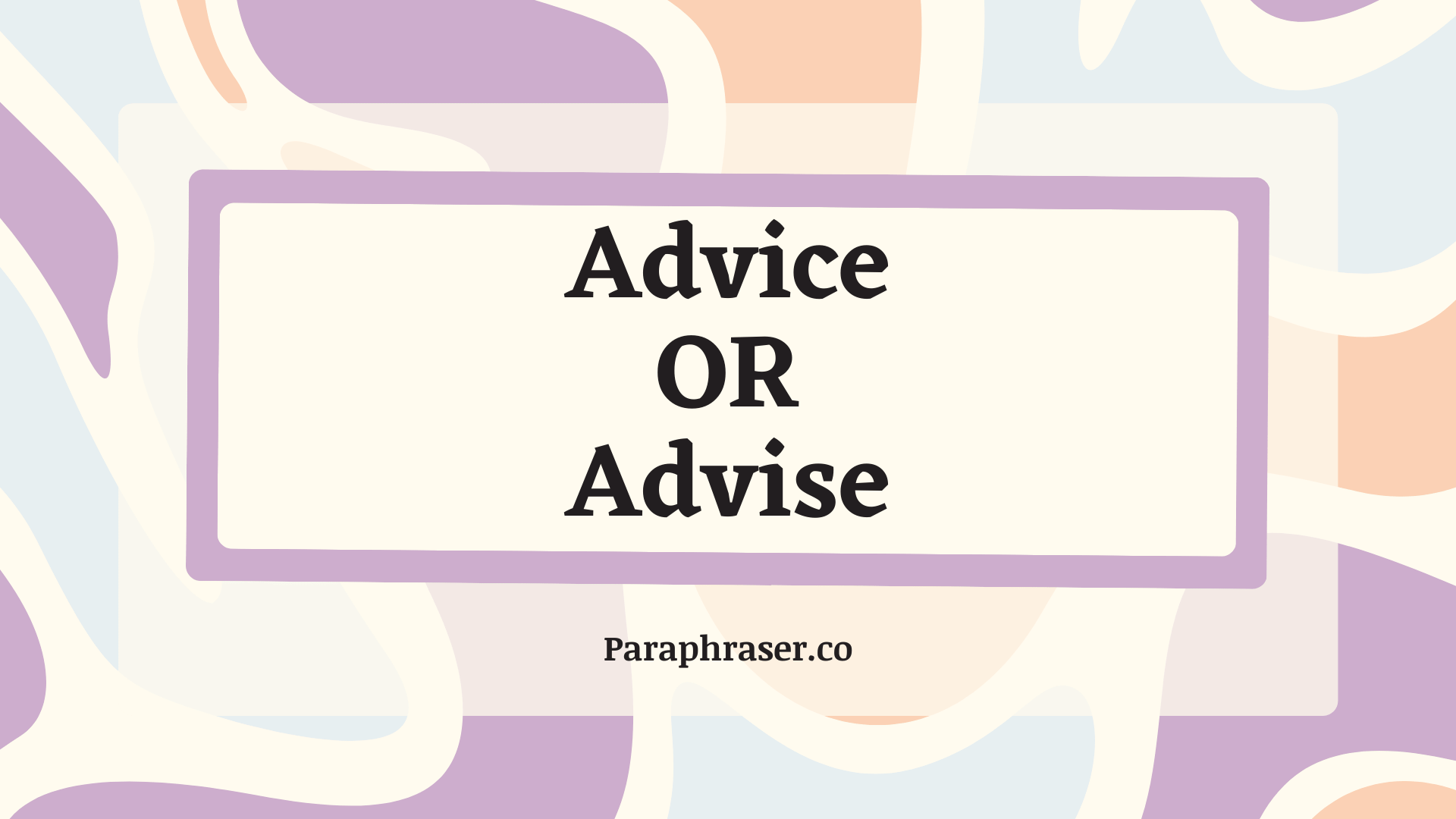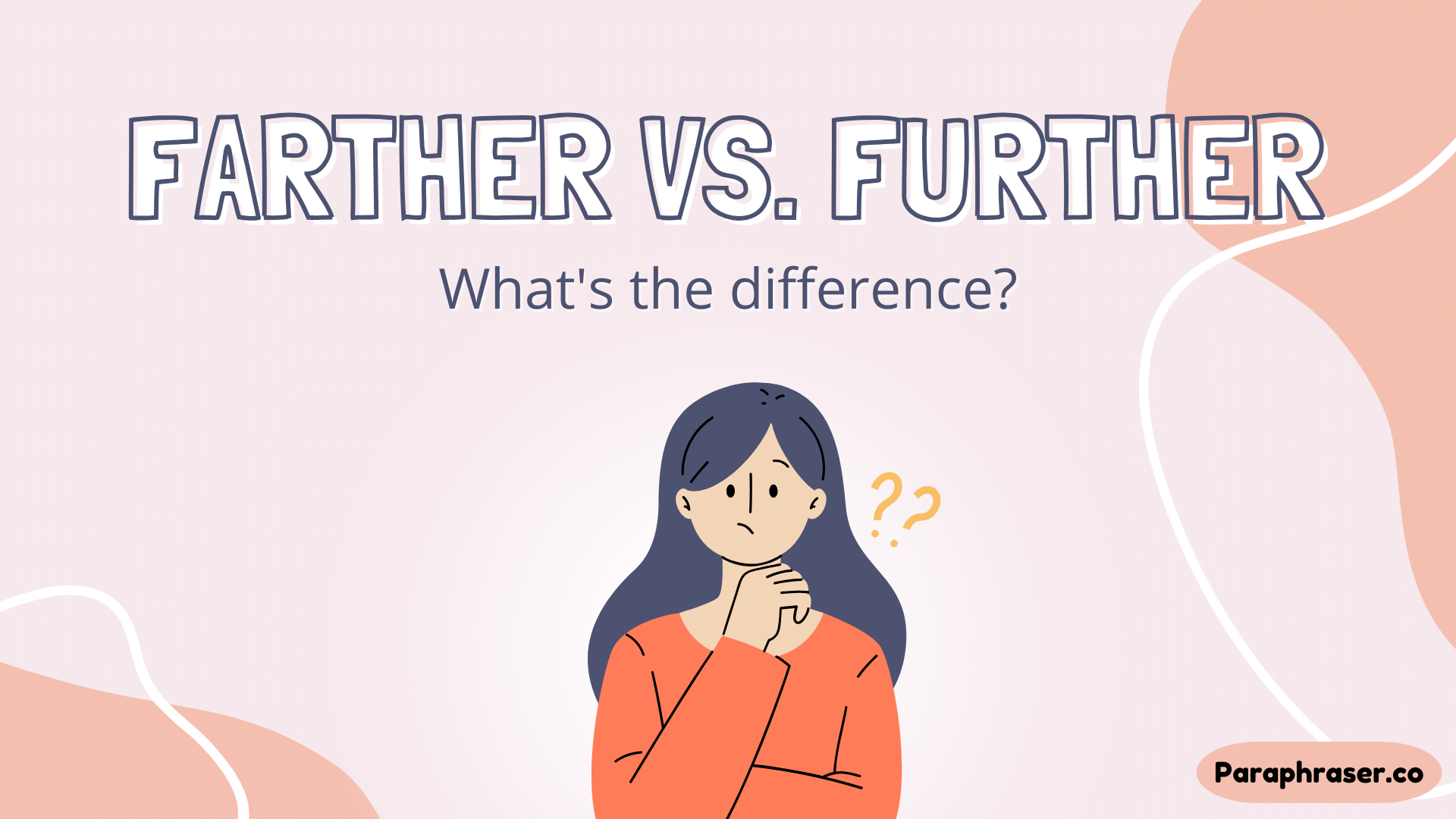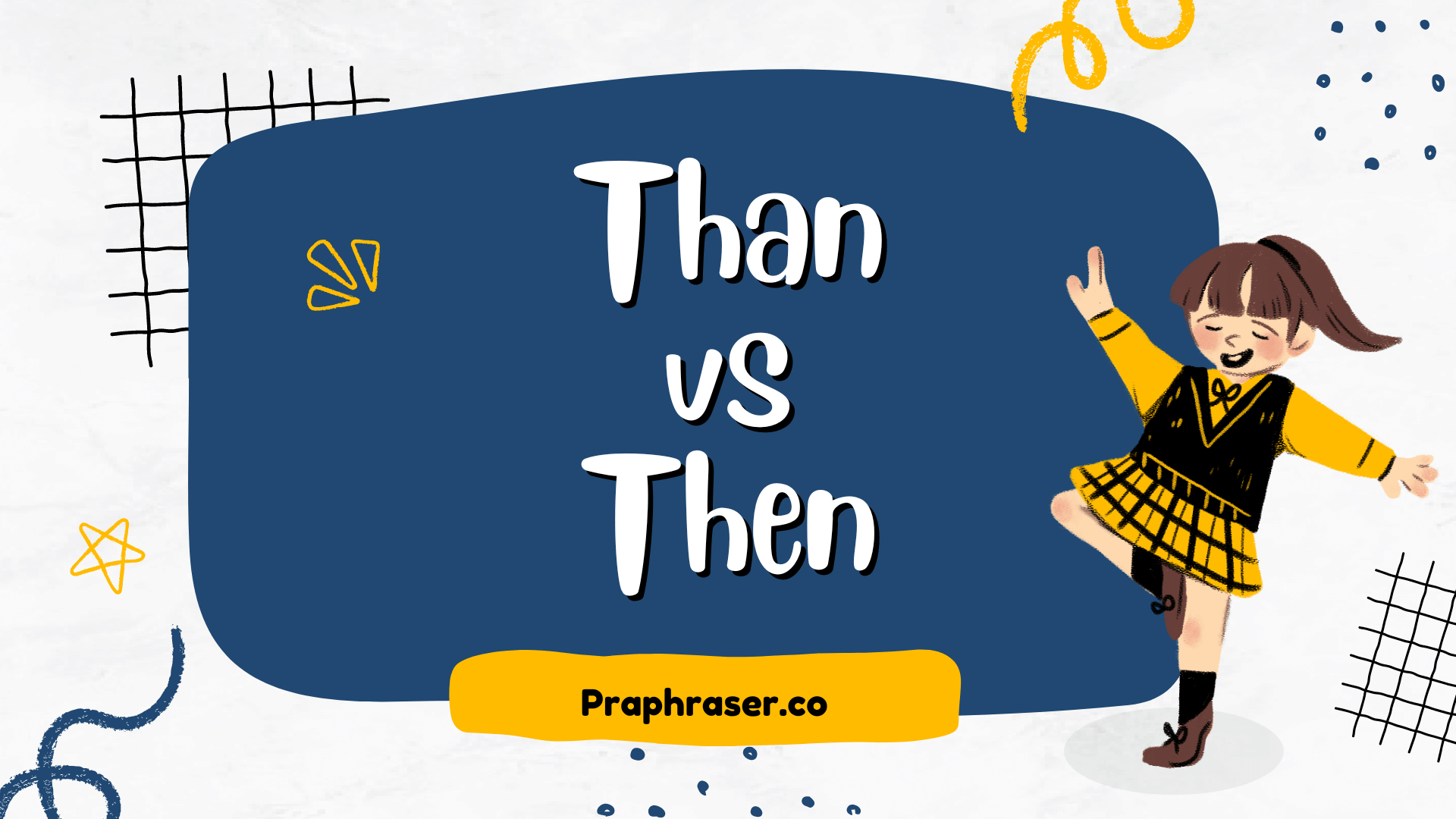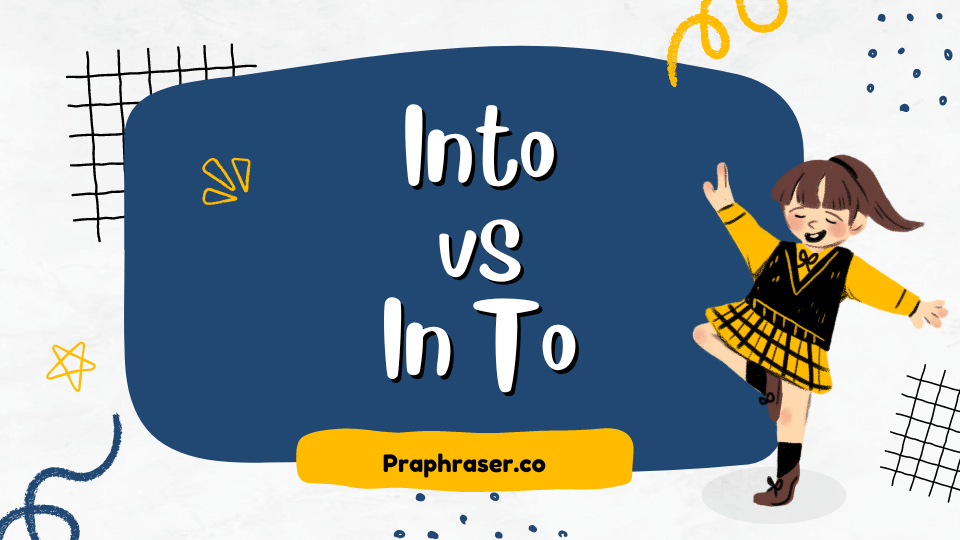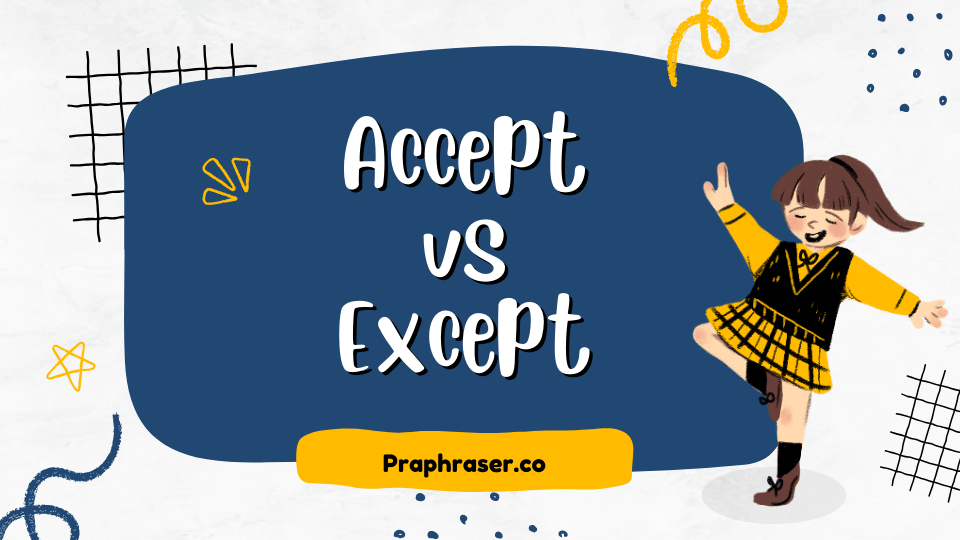Understanding the Difference Between ‘A’ and ‘An’
The English language is full of nuances that can sometimes be confusing. One such nuance is the use of the articles ‘a’ and ‘an’. While they may seem interchangeable, there are specific rules that dictate their usage. Let’s dive into the details. What’s the Basic Rule of A and An? The basic rule is quite …

